Russia invades Ukraine. What does it mean for your money?
With Russia launching a full-scale invasion of Ukraine, John Stepek looks at what it means for the global economy, inflation, and your money.

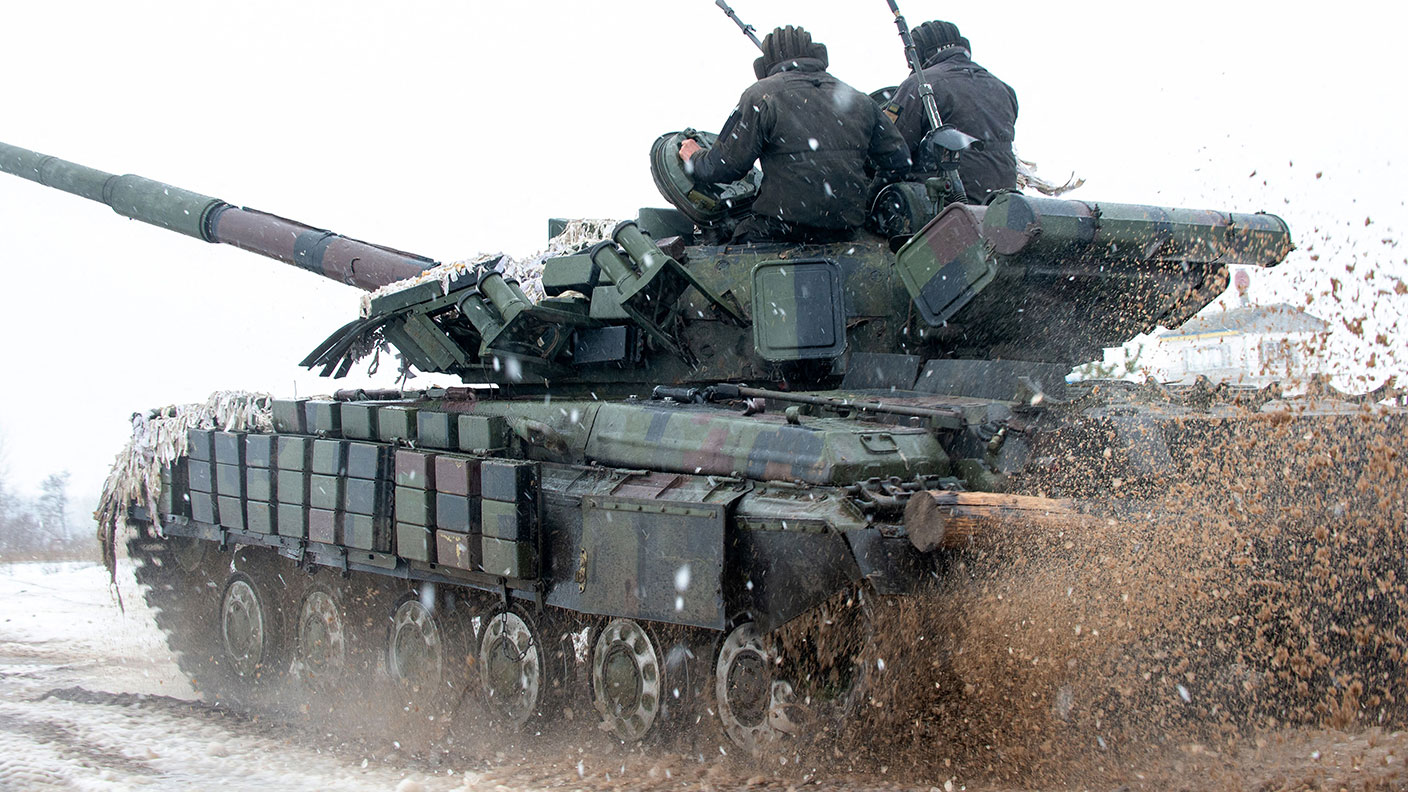
Get the latest financial news, insights and expert analysis from our award-winning MoneyWeek team, to help you understand what really matters when it comes to your finances.
You are now subscribed
Your newsletter sign-up was successful
Want to add more newsletters?

Twice daily
MoneyWeek
Get the latest financial news, insights and expert analysis from our award-winning MoneyWeek team, to help you understand what really matters when it comes to your finances.

Four times a week
Look After My Bills
Sign up to our free money-saving newsletter, filled with the latest news and expert advice to help you find the best tips and deals for managing your bills. Start saving today!
Russia has invaded Ukraine.
Markets, and plenty of analysts, had been looking on the “glass half-full” side right up until it happened.
This is why we don’t build our investment portfolios around forecasts about geopolitics (or forecasts about anything else, ideally).
MoneyWeek
Subscribe to MoneyWeek today and get your first six magazine issues absolutely FREE

Sign up to Money Morning
Don't miss the latest investment and personal finances news, market analysis, plus money-saving tips with our free twice-daily newsletter
Don't miss the latest investment and personal finances news, market analysis, plus money-saving tips with our free twice-daily newsletter
This is a bad situation. Our patch at MoneyWeek is your investments. So how does it affect those?
Russia just got a whole lot cheaper
You can read all about Russian imperialism and Putin’s desire to restore the USSR and all the rest of it elsewhere. Here we’re going to focus on what it means for markets.
The assets that traditionally do best in times of geopolitical turmoil are oil and gold. Both have spiked this morning. The price of Brent crude oil is back above $100 a barrel – up more than 5%. Gold is now back above its 2011 high of nearly $1,920 an ounce (though not yet near its summer 2020 all-time highs).
What’s probably more important is that the underlying economic backdrop is also helpful for those assets as we’ll get to in a moment. In other words, if you own them (or exposure to them in the case of oil), you should hang on to them.
The Russian market has collapsed this morning, unsurprisingly. That means it has got even cheaper than it was the other day. I’ve always been resistant to investing in Russia simply because I’ve never trusted the business environment, but that’s always been a personal view.
Russian stocks could represent an opportunity at these levels, I’m not going to deny that for a moment. “Buy on the sound of cannon fire” and all that.
It’s worth remembering though that war is a very big unknown for markets. As financial historian Russell Napier points out, war and Communism are the only two things that have made entire markets go to zero in the past. They represent the potential exception to buying when the cyclically-adjusted price/earnings ratio collapses into single digits.
The big risk obviously with buying Russian assets now is that sanctions or capital controls or any number of other issues which fundamentally call into question the property rights relating to them, render them unsellable.
Also, I can’t see how this is going to go away quickly. If the West retaliates significantly, then you’d expect that to involve Russian assets taking an even bigger hit. Even if the West just rolls over and hands Ukraine to Putin on a plate, the question then becomes which country he’ll take a chance on next.
So Russia is one for punters only, as far as I’m concerned.
This is inflationary, no question about it
At a wider level, the biggest question facing markets right now is inflation, and what’s going to happen to it.
This unquestionably makes things worse. I really don’t think there’s any argument to say that it doesn’t.
War is inflationary. War makes international trade harder. War consumes resources faster. War is a terrible source of resource misallocation.
Energy prices were already soaring. So were food prices. That’s going to get worse. Why? Well, corn and wheat are already up by more than 5% this morning. They’ve risen so far that they’ve hit their limits on the Chicago exchange.
Between them, Russia and Ukraine account for more than 25% of the global wheat trade, a fifth of corn sales, and 80% of sunflower oil exports, reports Bloomberg.
I probably don’t need to tell you that this is a major problem for the economy. Rising food and energy costs mean consumers have less or no discretionary income. It also contributes to social upheaval, both in emerging and developed economies (eg, petrol prices can’t get much higher here before someone starts protesting).
But even if rising energy and food prices choke off consumption and create a recession – one which means we can kiss goodbye to the dream of a “roaring 20s” – we’re not returning to the deflationary days of the 2010s, or the disinflationary late-90s and 2000s.
This is very much more like a 1970s scenario. War? Geopolitical strife? A divided west with lots of domestic problems distracting politicians? Rocketing energy prices? I even spotted a pair of flares the other day.
Also, how will this affect central banks and their attitudes towards raising interest rates? It might not deter them from sticking to current plans, but will it tend to make them more or less aggressive? I’d imagine it’ll be the latter. War is historically not a time of tight monetary policy.
So from that point of view, this tends to back up the stagflation trade, with commodity producers in particular being the main beneficiaries, although it might not be so great for the other big beneficiaries of the “value” rotation, the financials. We’ll see.
Conclusion-wise: if you’ve been listening to us on the general point about inflation being a big risk and how you should be moving your portfolio in that general direction, then the fact is you’re probably pretty well positioned for what’s happened this morning.
Beyond that, I think the main thing you have to remember today is to keep your head. There is no value in panicking after the fact (actually, there’s never any value in panicking). If you feel the need, review your portfolio and your reasons for owning each asset. If those reasons haven’t changed, then you probably shouldn’t be changing your holding either.
But do make sure you have some inflation insurance at least.
Get the latest financial news, insights and expert analysis from our award-winning MoneyWeek team, to help you understand what really matters when it comes to your finances.

-
 Should you buy an active ETF?
Should you buy an active ETF?ETFs are often mischaracterised as passive products, but they can be a convenient way to add active management to your portfolio
-
 Power up your pension before 5 April – easy ways to save before the tax year end
Power up your pension before 5 April – easy ways to save before the tax year endWith the end of the tax year looming, pension savers currently have a window to review and maximise what’s going into their retirement funds – we look at how
-
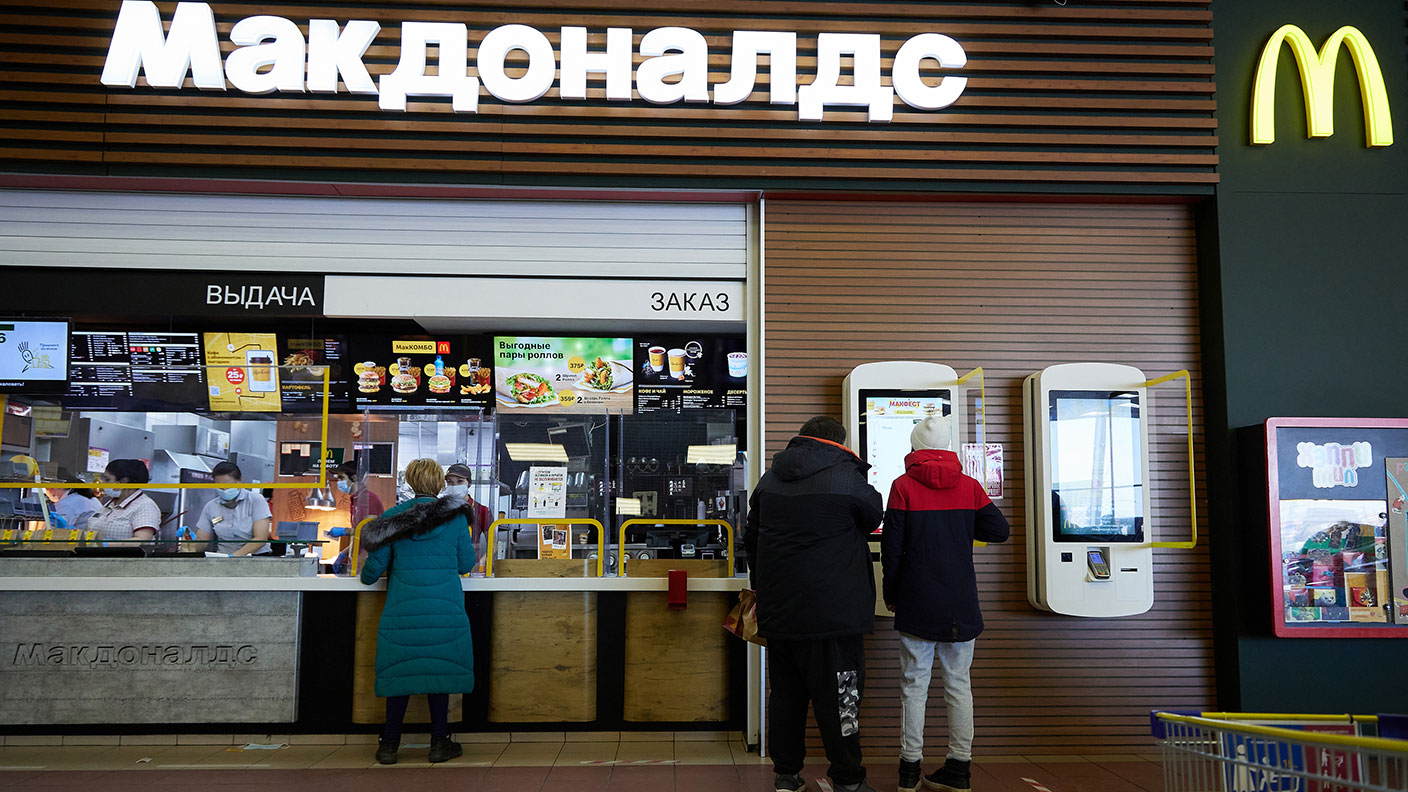 Russia is now a liability for Western companies
Russia is now a liability for Western companiesOpinion Companies which have pulled out of Russia have incurred significant costs, but it's been worth it, says John Stepek – they've seen their market value increase.
-
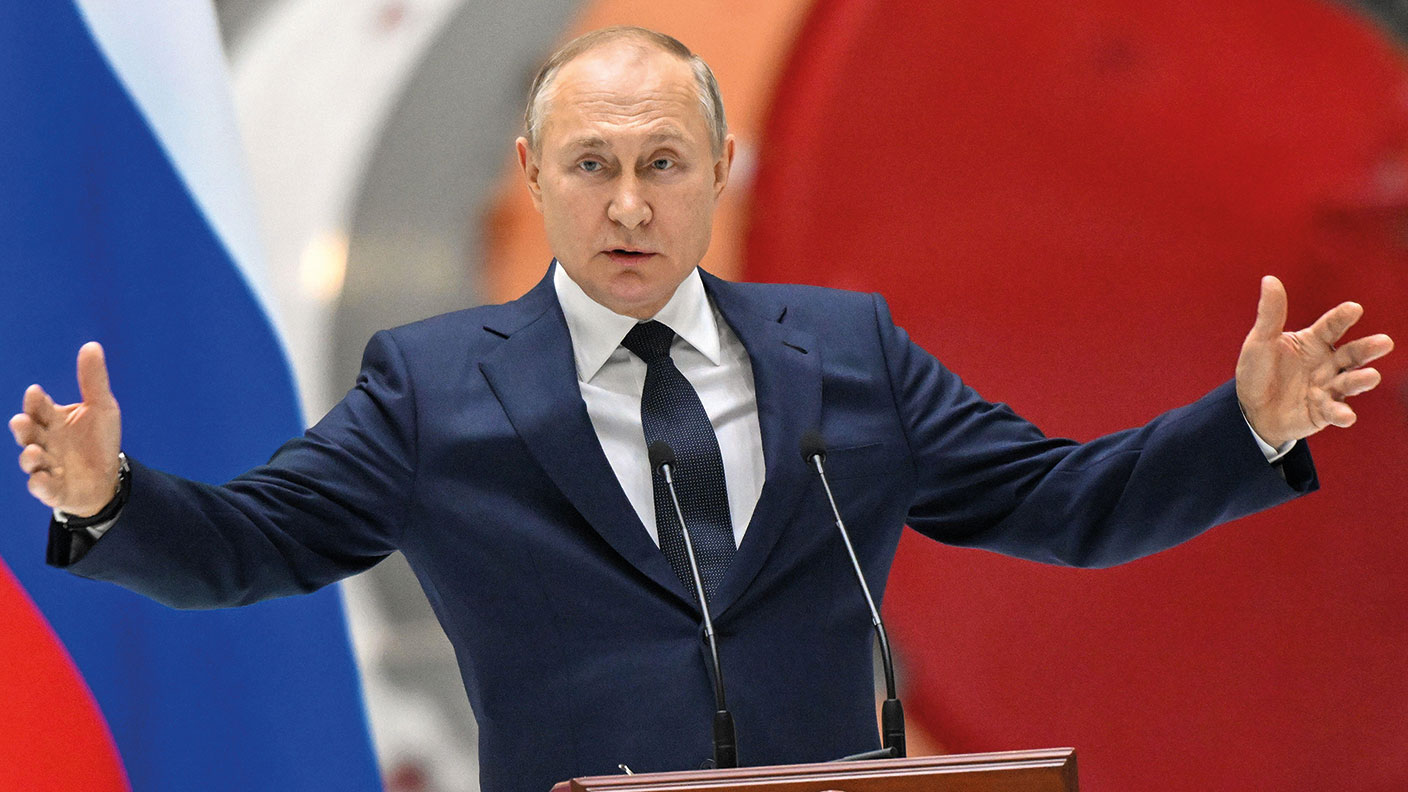 EU tightens the noose on Russia
EU tightens the noose on RussiaNews Brussels has proposed a ban on all Russian oil imports. Could that work? Emily Hohler reports
-
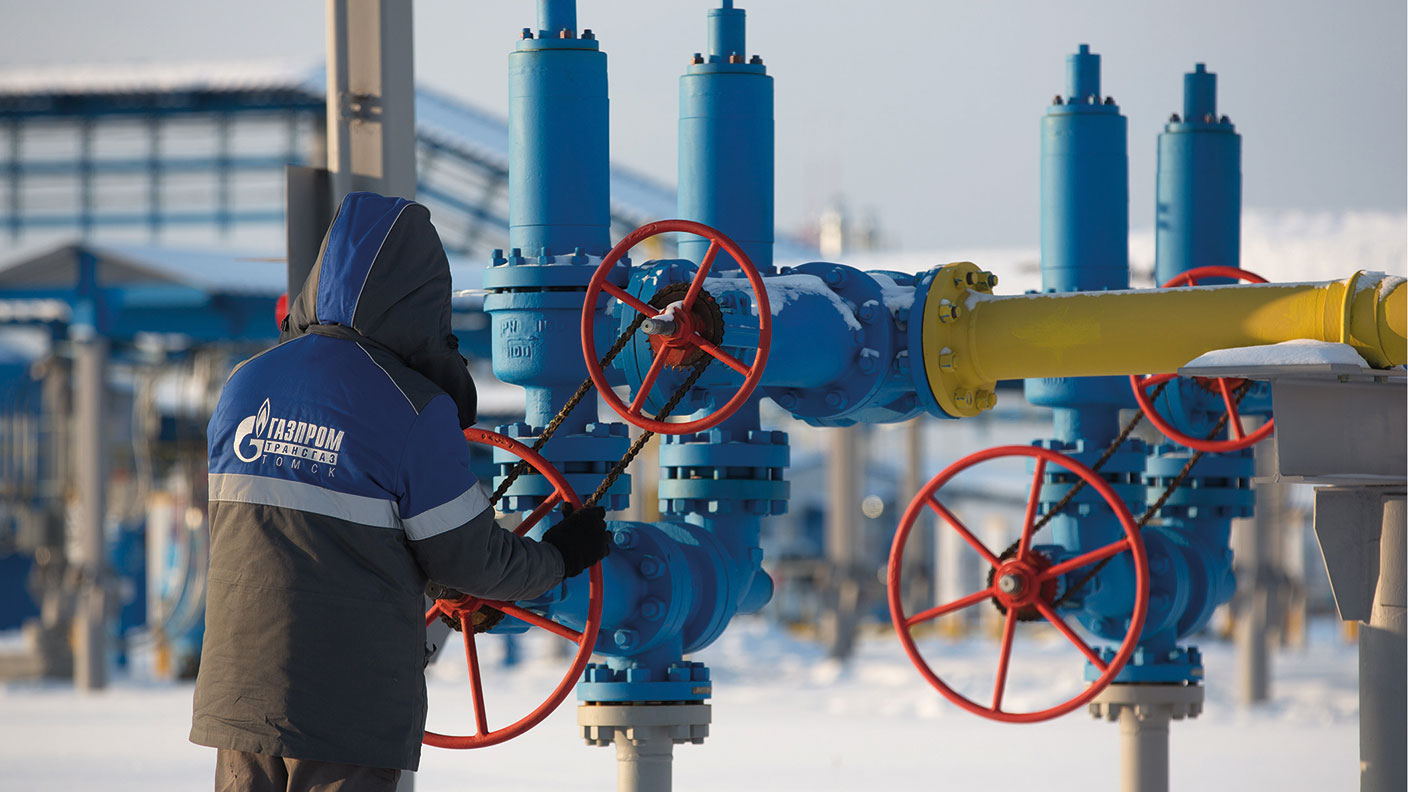 Russia ups the ante on Europe's gas supplies
Russia ups the ante on Europe's gas suppliesNews Russia's suspension of natural gas to Poland and Bulgaria saw the gas price spike by 24%. A complete shut-off could see it rise by 200%.
-
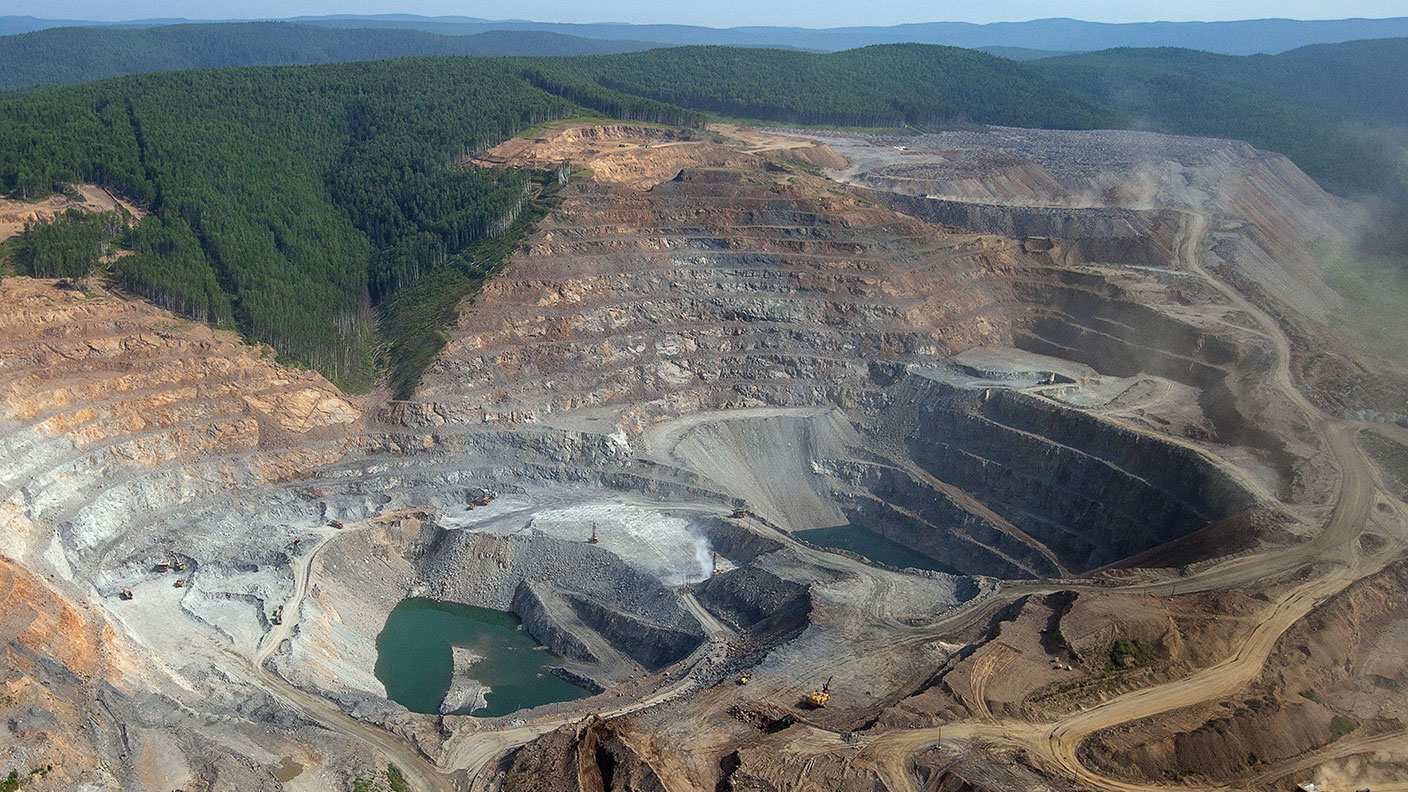 Is this the end of the road for Russian gold miner Petropavlovsk?
Is this the end of the road for Russian gold miner Petropavlovsk?Analysis Shares in Russian gold miner Petropavlovsk have collapsed 90% this year as sanctions have gutted its business model. Rupert Hargreaves asks if the company has a future.
-
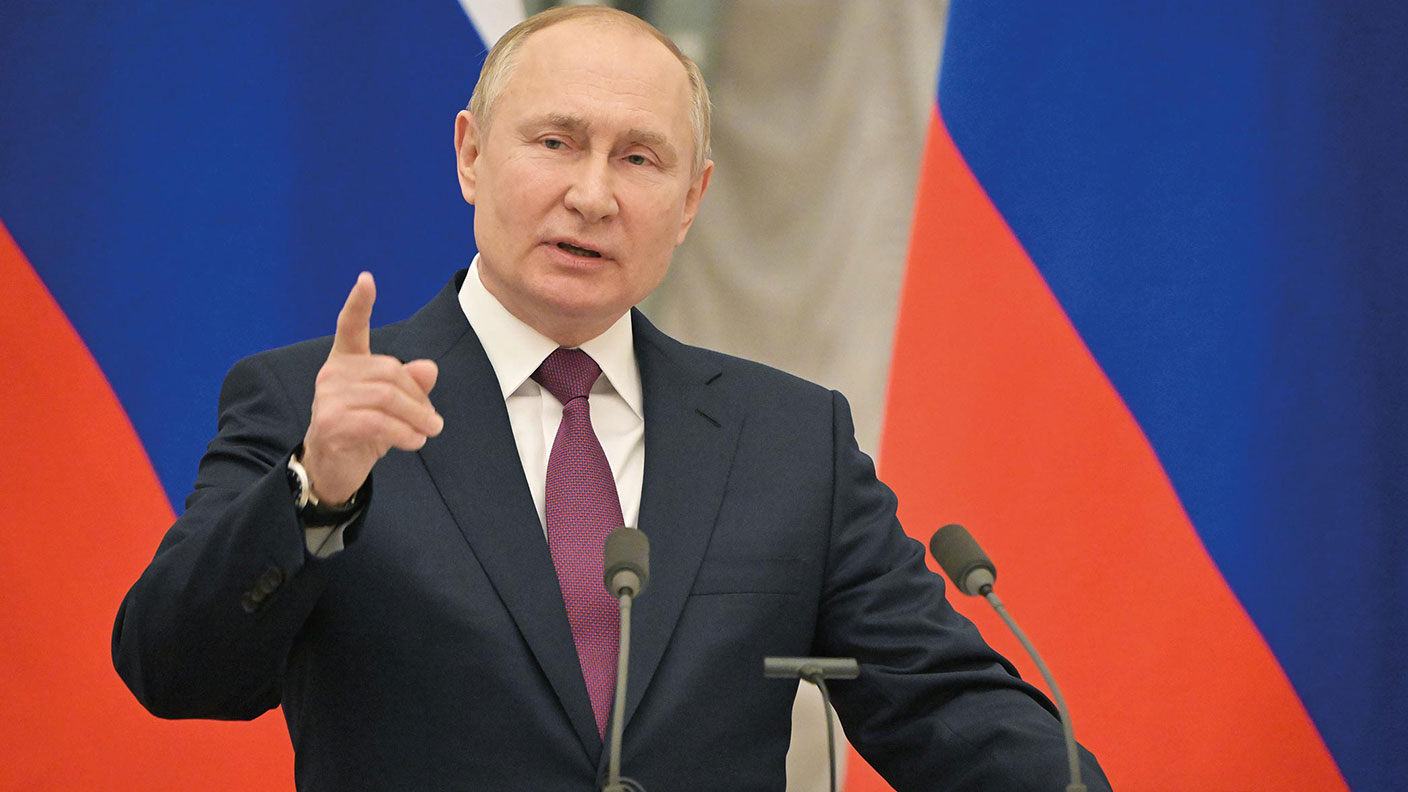 Russia has become uninvestable
Russia has become uninvestableOpinion Geopolitics can create opportunities – but there are times when discretion is the better part of valour.
-
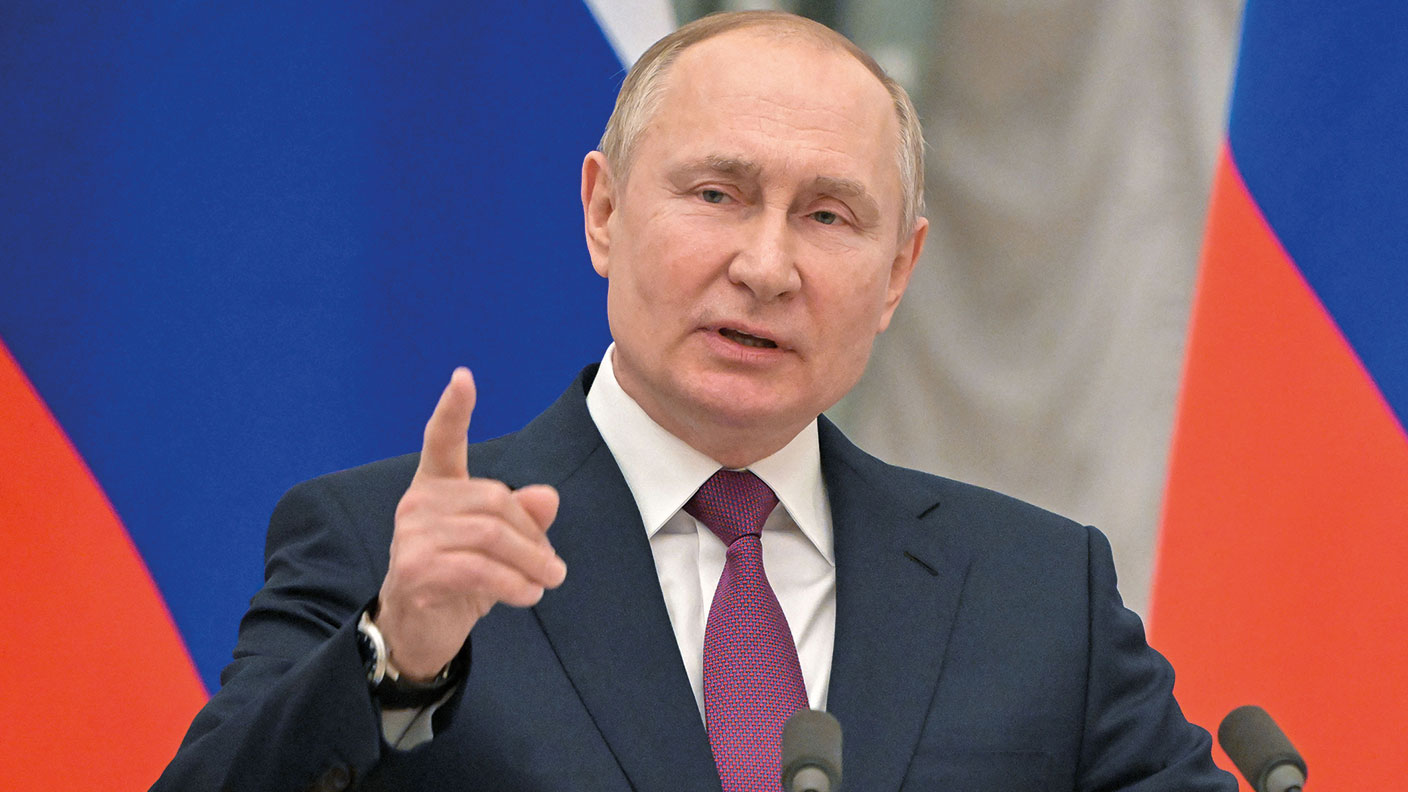 Russian aggression is a big blow for the world’s “net zero” ambitions
Russian aggression is a big blow for the world’s “net zero” ambitionsBriefings Switching the world economy over from fossil fuels to green alternatives was always going to be a challenge. It just got a lot harder. Simon Wilson reports
-
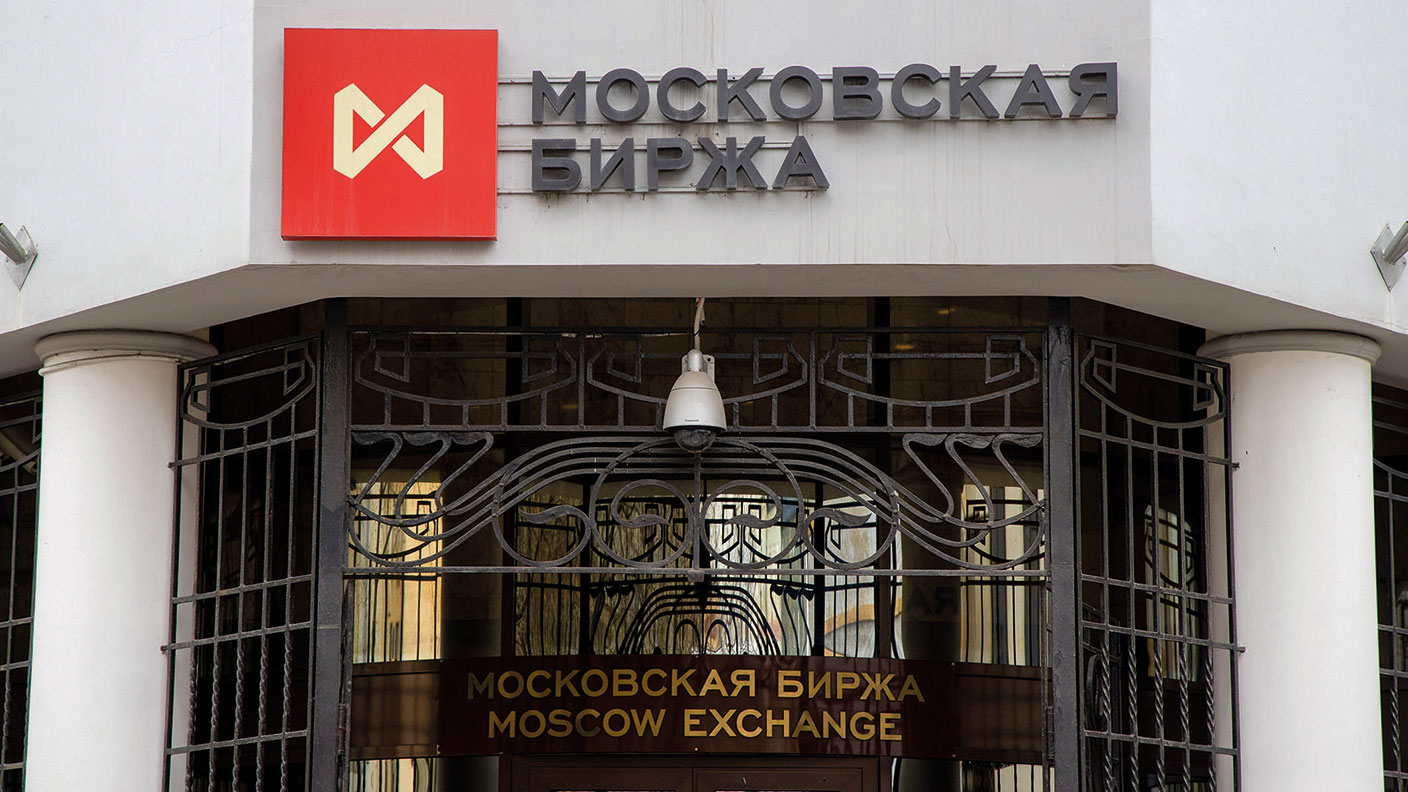 Index firms write off Russian stocks
Index firms write off Russian stocksNews Russian stocks will be removed from MSCI’s main emerging markets index at a price that is effectively zero.
-
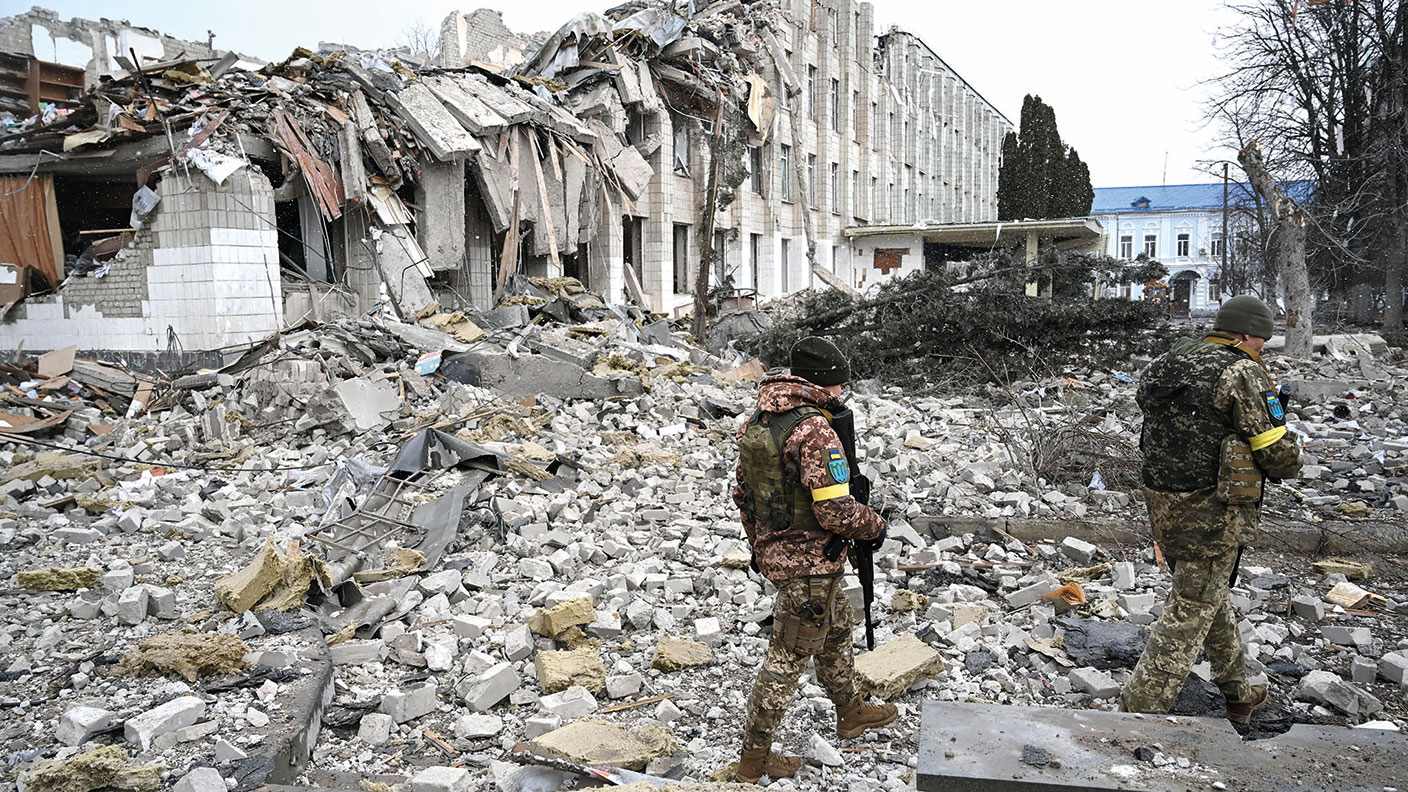 Why inflation matters more than war
Why inflation matters more than warNews Nuclear war isn't the kind of risk that investors can usefully take into account when building a portfolio. Inflation and stagflation, however, are.